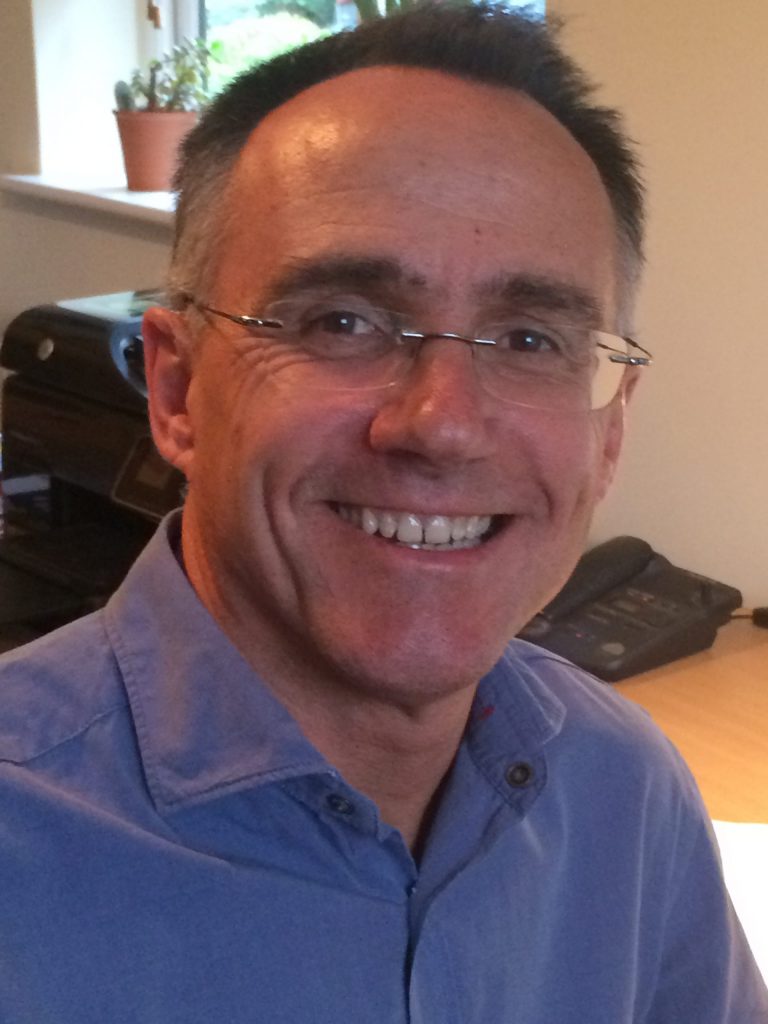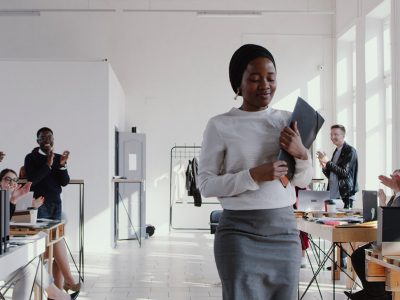 That must be a typo. Surely, the question must be: “Are your team creatively efficient enough?”
That must be a typo. Surely, the question must be: “Are your team creatively efficient enough?”
Let’s try to answer that question first.
Most managers would respond by saying that during the last few years, they have certainly tried to become more efficient, more productive. They would have had little choice. There might have been a recruitment freeze in place, individual workloads will have increased, and this would have meant learning how to achieve more with less. The majority of time will have been spent in front of computer screens, with inboxes overflowing, and deadlines making up the daily diet. Unfortunately, this regime doesn’t really lend itself to creativity. Fitting in a weekly 2 hour brainstorm session in between back to back meetings on a Wednesday afternoon, and expecting a ground-breaking idea to pop out of the woodwork at 3.45pm, is not going to happen. It would be a bit like sprinting across a sweltering hot desert in the hope of stumbling upon a green oasis.
That’s just not how creativity works.
Albert Einstein did, however, understand how creativity worked and he had a term for it. He called it ‘combinatorial play’. He would be faced with a thorny challenge. He would write it down on a piece of paper on a Monday, read it out loud, twice. He would then forget about it and go and do something enjoyable. In Einstein’s case, he would play his beloved violin. He would then get a good night’s sleep, and in the morning, he would re-visit the challenge afresh and as if by magic…….What had happened overnight was that although Einstein was not consciously working on the challenge, his brain, unencumbered with the stresses and strains of the day, was quietly beavering away in the background. The neurotransmitters were connecting, colliding and creating in the peace and quiet of his sub-conscious brain.
What Einstein realised was that creativity does not thrive under pressure and its natural habitat is not a soulless, windowless office with fluorescent lighting and Formica desks. And the huge irony is that although creativity has never been more important to organisations than it is today in Covid times, the one place least conducive to the creative process is probably the workplace.
So what’s the answer? Well, what we have to do is encourage creative inefficiency. There was no typo in the question after all. What might this ‘creative inefficiency’ look like:
- Make sure that the people working on the challenge really understand it. Post it in the virtual space, somewhere accessible to all. A parking lot of sorts.
- Provide a window of time to find creative solutions for the challenge in question. Days, even weeks, but not hours.
- Encourage the team to share thoughts and ideas, half-formed or fully formed, as and when they emerge. Let the parking lot fill up.
- Provide stimulus connected to the challenge, directly or indirectly, that will equip everybody’s neurotransmitters with food for thought, something to ‘play with’ in the depths of their sub-conscious minds.
- Assemble the team once or twice on a Zoom or Microsoft Teams call to share and compare, craft and build, sculpt and select. Short, sharp sessions. Always allowing sufficient time for iteration.
There are three benefits to this approach.
First of all, it respects the biology of the brain when it comes to the process of creativity, by relying more on the sub-conscious. Secondly, it allows both the introverts and the extroverts to have their respective ‘me-time’ and ‘us-time’. And thirdly, although the entire creative process might indeed span a number of days or weeks, rather than a couple hours on a dreary Wednesday afternoon, the actual time spent working on the challenge by all involved, at least consciously, might not be that much greater.
So, here’s the thing. Although what is being proposed might appear, on paper, to be ‘inefficient’, it probably isn’t. And one thing for sure, this creative process will certainly end up being more effective and productive.
About the author
 Mark Simmonds is a creativity, insight and innovation expert and the founder of GENIUS YOU – a company which helps teams develop winning ideas by strengthening creative muscles
Mark Simmonds is a creativity, insight and innovation expert and the founder of GENIUS YOU – a company which helps teams develop winning ideas by strengthening creative muscles
For more information about how to help your teams become creatively more productive, please contact Mark Simmonds ([email protected])
WeAreTheCity covers the latest female centric news stories from around the world, focusing on women in business, careers and current affairs. You can find all the latest gender news here.
Don’t forget, you can also follow us via our social media channels for the latest up-to-date gender news. Click to follow us on Twitter, Facebook, Instagram, and YouTube.








